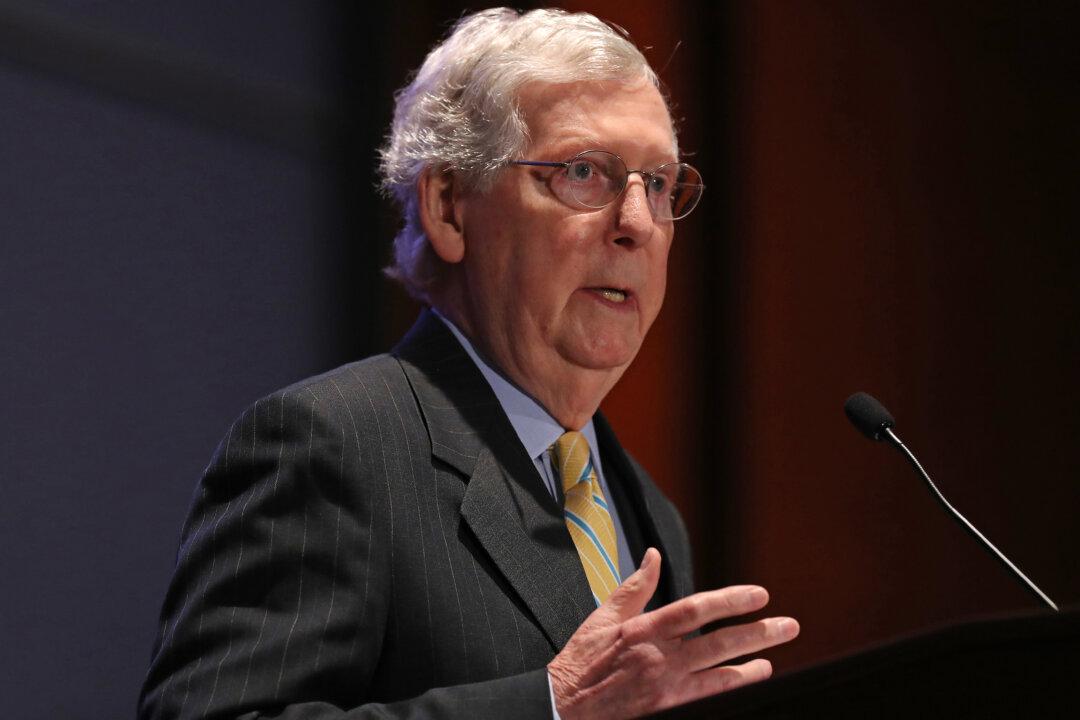Commentary
There’s a possibility that President Donald Trump will have the opportunity to fill another Supreme Court vacancy before the 2020 elections.


There’s a possibility that President Donald Trump will have the opportunity to fill another Supreme Court vacancy before the 2020 elections.